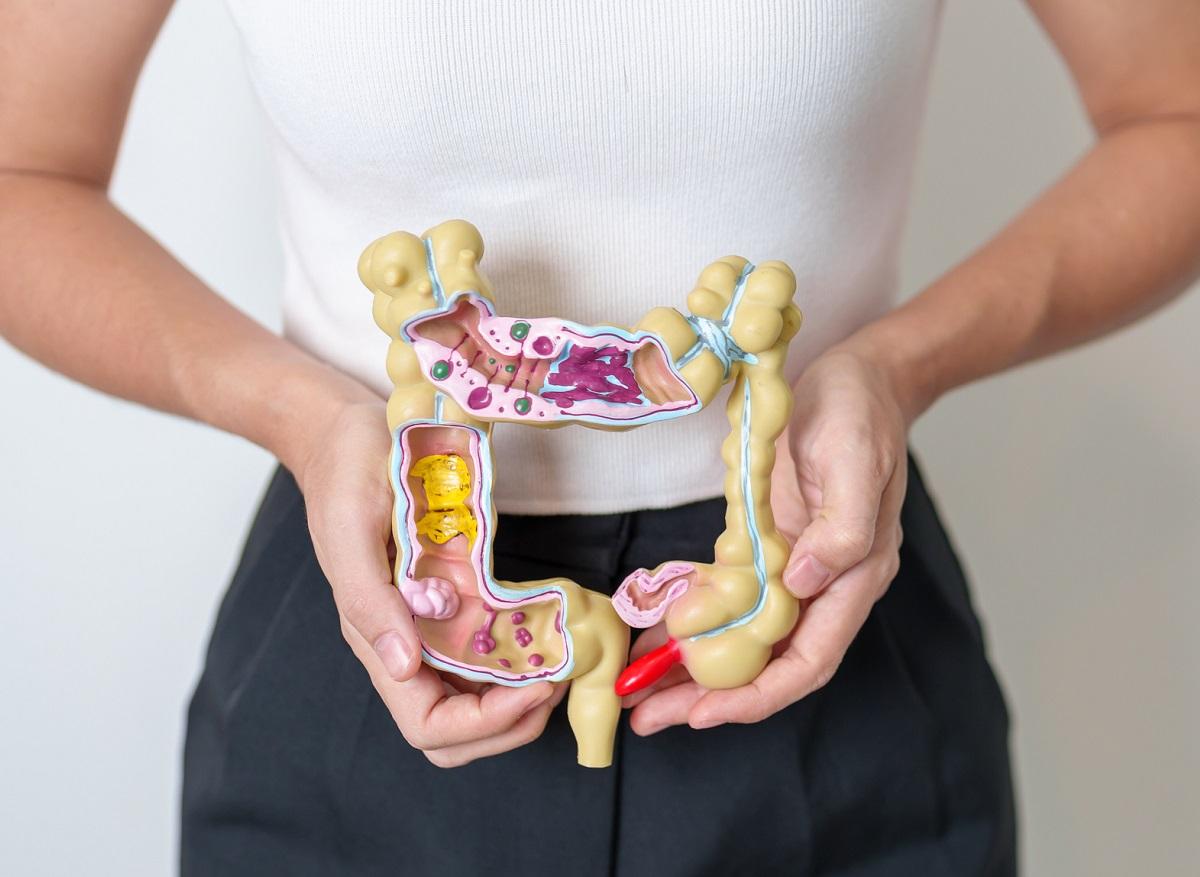People with chronic inflammatory bowel disease may be more likely to suffer from heart failure up to twenty years after diagnosis.

- According to a study conducted in Sweden, people with inflammatory bowel disease (IBD) have a 19% increased risk of developing heart failure up to twenty years after diagnosis.
- It appears that among participants’ siblings without IBD, the risk was “only” increased by 10%, suggesting that “genetics and shared environmental factors within families may play a role.”
- IBD, mainly Crohn’s disease and ulcerative colitis, are characterized by inflammation of the lining of part of the digestive tract, due to dysregulation of the immune system.
At least 200,000 people are affected in France. Inflammatory bowel diseases (IBD), mainly Crohn’s disease and ulcerative colitis, are characterized by inflammation of the lining of part of the digestive tract, due to dysregulation of the intestinal immune system.
Most often diagnosed between the ages of 20 and 30, these diseases, already very disabling on a daily basis, can cause the development of more serious pathologies such as stenosis or colorectal cancer. But also diseases far from the intestines, notably cardiovascular: according to an observational study published in theEuropean Heart Journalpeople with IBD are particularly likely to suffer from heart failure in the years following diagnosis.
Inflammatory bowel disease and increased risk of heart failure
The study in question comes to us from Sweden. Cases of inflammatory bowel diseases are common there, as in many countries in Northern and Western Europe. An international team of researchers from the Karolinska Institutet analyzed the risk of heart failure in more than 80,000 patients with IBD (Crohn’s disease, ulcerative colitis, unclassified IBD) compared to 400,000 people from the general population, as part of the ESPRESSO (Epidemiology Strengthened by histoPathology Reports in Sweden) cohort.
It has been found that people with IBD have a 19% increased risk of developing heart failure (HF) up to twenty years after diagnosis, regardless of the type of IBD. This corresponds to one additional case of HF for every 130 IBD patients over these two decades. Not surprisingly, the highest risk of HF was found in older patients, those with modest education levels, and those with pre-existing cardiovascular disease at diagnosis.

The role of genetics on the risk of heart failure?
“Caregivers and patients should be aware of this increased risk, and it is important that cardiovascular health is properly monitored, says lead author of the research, Jiangwei Sun, in a communicated. We hope that our results will raise awareness among healthcare professionals of the increased risk of HF in people with IBD, and contribute to new guidelines for the management of cardiovascular disease in patients with IBD.”
The researchers also analyzed the risk of HF in patients with IBD compared to their siblings without bowel disease. It appears that among the latter, the risk was “only” increased by 10%, which suggests that “genetics and shared environmental factors within families may play a role.” “We do not know if there is a causal link, but we will continue to explore the influence of these factors, as well as the role of IBD medications and lifestyle on HF risk.”conclude the authors of the study.















